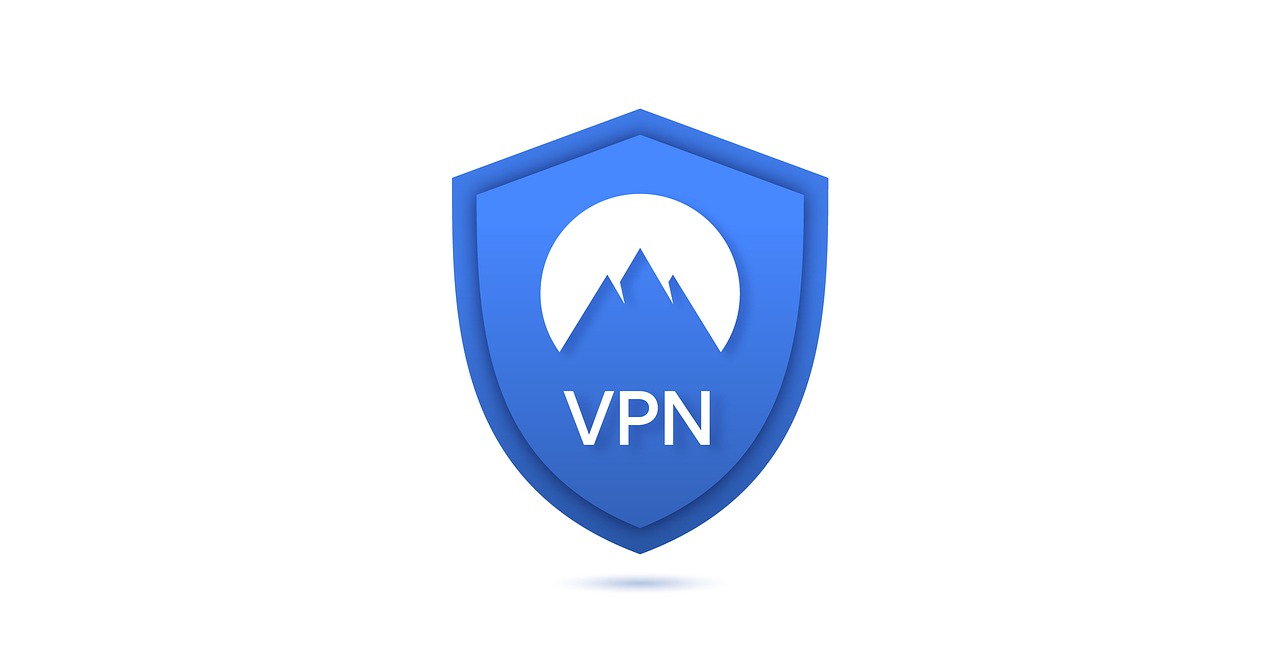In today's digitized world, a VPN (Virtual Private Network) has become one of the key tools for protecting your privacy and security online. However, to ensure that your VPN is working at its best, it's equally important to choose a server that suits your needs. Different VPN server locations and features can affect your online experience, so there are some key factors to consider before making a decision. Here are some guidelines to help you choose the best VPN server for your needs.

1. Consider your location
First of all, you should consider your geographical location. Choosing a VPN server that is closer to your physical location will usually provide faster connection speeds, as data doesn't need to be transmitted over too long a distance. This is especially important for streaming media, online gaming and other activities that require a fast connection.
2. Consider the location of the VPN server
In addition to your geographic location, you should also consider the location of the VPN server. If you want to access content in a specific region (such as unlocking a streaming service in a specific region), it may be more appropriate to choose a VPN server located in that region. For example, if you want to access Netflix content in the US, then connecting to a VPN server in the US may be a wise choice.
3. Know the number of servers and load
VPN service providers usually have multiple servers in different regions. Knowing whether the service provider has multiple servers to choose from and how loaded those servers are can help you make a better decision. Overloaded servers may result in slower connections, so choosing a server with a lower load will result in better performance.
4. Consider Privacy Policy
VPNexist to protect your privacy, so you should read the privacy policy of the VPN service provider carefully. Make sure they do not log your online activities and personal information. Choosing a privacy-focused provider will ensure that your data is properly protected.
5. Check the available security protocols
The security of a VPN connection depends on the encryption protocol used. Knowing the type of security protocols offered by the VPN service provider, such as OpenVPN, IKEv2, L2TP, etc., can help you determine the level of security of their connection. Typically, modern and secure VPN services will offer multiple protocol options.
6. Consider the number of devices connected at the same time
If you plan to use the same VPN account on multiple devices, then you should check the number of devices that the service provider allows to connect simultaneously. Some service providers may limit the number of connections you can make, so make sure the plan you choose applies to your needs.
7. Consider speed and bandwidth limits
Connecting to a VPN server may have an impact on the speed of your connection. While all VPNcause some speed drops, some service providers may limit your bandwidth, causing the connection to become slow. When choosing a VPN server, check if the service provider offers unlimited bandwidth or high-speed connection options.
8. Learn about additional features and services
Some VPN service providers offer additional features such as ad blocking, malware blocking and dual VPN connections. Depending on your needs, consider whether these extra features are useful to you.
In conclusion, choosing the best VPN server for you is a crucial step in ensuring your online security and privacy. By considering your geographic location, VPN server location, privacy policy, security protocols, speed, bandwidth, and other factors, you can choose a reliable VPN service provider that can meet your needs. Before choosing, it's best to do your homework and read user reviews and opinions to ensure you make an informed decision.
 Email
Email